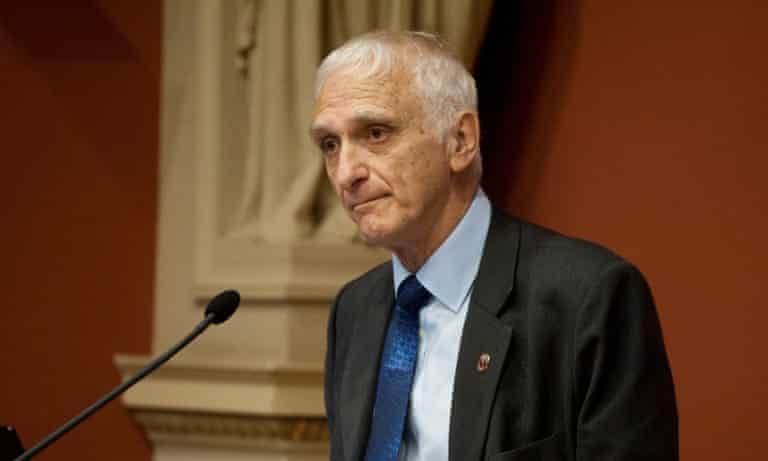Research dr. Tom Beer warned of potential bushfires in connection with climate change as early as the 1980s. But no one listened to.
The First Study on the Future of Bushfires
Dr. Beer was asked by my employer SCIRO (Commonwealth Scientific and Industrial Research Organization) to find out the impact of the greenhouse effect on the future of fires. Climatologist published his findings in 1988 in the study “Australian danger of bushfire under changing climatic regimes”. This was the very first study of its kind.

“It seems obvious, but actually we found the correlation was not temperature and fires, but relative humidity and fires. Temperature goes up, it gets drier, and then the fires go up,” says Beer.
Why Did No One Listen, even though Scientists Warned?
“I would blame most of that on the lobbying”,” says Pearman, former boss of Beer. “That lobbying has been extremely powerful in a country driven by the resource sector that includes uranium, coal and gas.”
“There’s a huge reluctance to reign that part of our economy in with a more strategic perspective.”
But Brian Tucker, a chief of CSIRO’s atmospheric research division, did not identify with, had a skeptical view of human influence on climate change. The object of his interest was the approaching Ice Age. Trucker did not support Pearman and Pittock’s research.
Beer presented his study at a conference in 1987. He traveled to the US to consult his work with forest fire experts.
Skeptical WA forestry director attacked his findings as “shoddy”.
Fewer Bushfires, More Skepticism
“What happens then?” asks Beer. “They forget it, because there are no big bushfires for another 10 years.”
The lack of fires caused CSIRO’s lack of interest in this issue.

Beer wrote a second paper in 1995 that supported his previous study.
The climatologist admits frustration and guilt:
“If I had really believed how bad it was going to get, I should have been out there asking for more funding for firefighters,” he says.
“I suppose I was young enough to believe that doing the science was going to be enough and miraculously, people would act on it. That was a naive view, but I think that was probably fairly common among working scientists.”
The team of scientists has done everything in their power. Unfortunately, they have come across distrust from other experts. They did not have the conditions to reduce the impact of the disastrous situation in Australia.
Source: https://www.theguardian.com/australia-news/2019/nov/17/what-could-i-have-done-the-scientist-who-predicted-the-bushfire-emergency-four-decades-ago,
Credit: Tamás Szigeti/Hungarian Academy of Sciences















